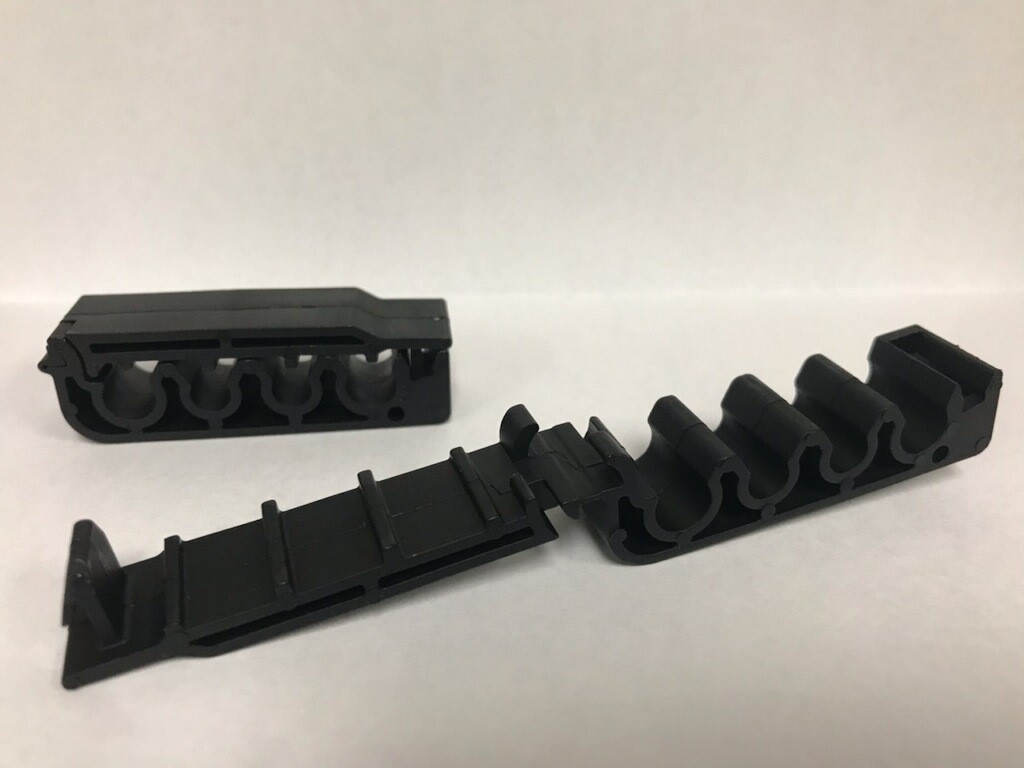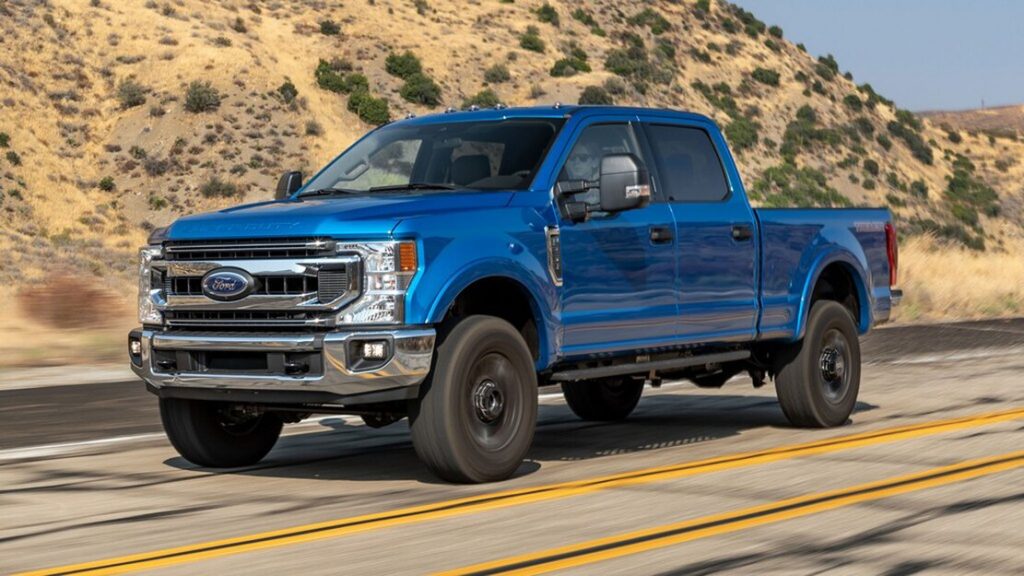Car manufacturer Ford has partnered with 3D printer OEM HP to recycle 3D printing waste into end-use automotive parts.
In what is believed to be an industry first, the partners have started converting recycled 3D printing material into injection molded fuel-line clips for use on Ford’s Super Duty F-250 trucks. The parts reportedly offer better chemical and moisture resistance when compared to conventional counterparts with fresh materials, and are even 7% lighter and 10% cheaper to produce.
Debbie Mielewski, a technical fellow at Ford, said, “Many companies are finding great uses for 3D printing technologies, but together with HP, we’re the first to find a high-value application for waste powder that likely would have gone to landfill, transforming it into functional and durable auto parts.”

The road to zero waste
HP’s MJF 3D printers are already designed for high material efficiency, whereby powder use is minimized and excess material is often reused in a future build. Ford’s own Advanced Manufacturing Center features a number of these MJF 3D printers, and the research team there sought to take their sustainability game to the next level, developing a ‘zero waste’ application for their in-house system waste.
This isn’t to say the waste material is exclusively from Ford’s activities, as dental company SmileDirectClub is also helping out by collecting its redundant 3D printed dental molds for Ford to use. Impressively, SmileDirectClub runs the largest HP 3D printing facility in the U.S. and produces up to 40,000 dental aligners every day.
Resin manufacturer Lavergne then recycles the molds and waste powders into polymer pellets, which are suitable for the injection molding process. Finally, engineering firm ARaymond then molds those pellets into the end-use fuel-line clips for the F-250.
Mielewski adds, “Finding new ways to work with sustainable materials, reducing waste, and leading the development of the circular economy are passions at Ford.”
Taking it further, the partners have already identified at least ten other suitable fuel-line clips on other Ford vehicles, and are now working on injection molding those designs too. The work is all in line with Ford’s ambitious climate change goals, which include becoming completely carbon neutral by the year 2050.
“A key to achieving our sustainability goals and solving the broader problems of society is working with other like-minded companies – we can’t do it alone,” said Mielewski. “With HP, we defined the waste problem, solved technical challenges, and found a solution in less than one year, which is something in which we all take pride.”

3D printing in the automotive sector
Additive manufacturing in the automotive sector has already picked up steam, with several major manufacturers now employing the technology in their day-to-day operations. In fact, Ford recently became the first car maker in Europe to add Formlabs’ Form 3L 3D printer to its fleet. The company will use the Form 3L to 3D print plastic caps for vacuum tests, which are used to find engine leaks.
Earlier this month, German manufacturer Audi also began using 3D printing to produce hot form tooling at its Metal 3D Printing Centre in Ingolstadt. Leveraging the industrial power of EOS 3D printing systems, the company is now able to produce twelve different segments of four hot forming tools at its facility. The tools are used to assemble car models such as the A4 saloon.
Elsewhere, in motorsports, the Alfa Romeo Racing ORLEN Formula 1 team recently doubled its use of 3D printed parts in its C41 race car. The lightweight components are expected to enable significant performance gains ahead of the imminent 2021 World Championship.
Subscribe to the 3D Printing Industry newsletter for the latest news in additive manufacturing. You can also stay connected by following us on Twitter and liking us on Facebook.
Looking for a career in additive manufacturing? Visit 3D Printing Jobs for a selection of roles in the industry.
Featured image shows the Ford F-250 Super Duty. Photo via Ford.



